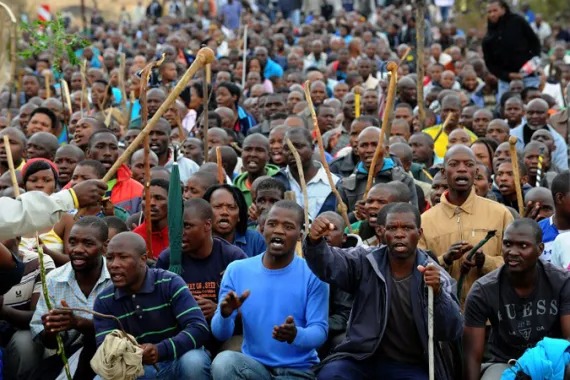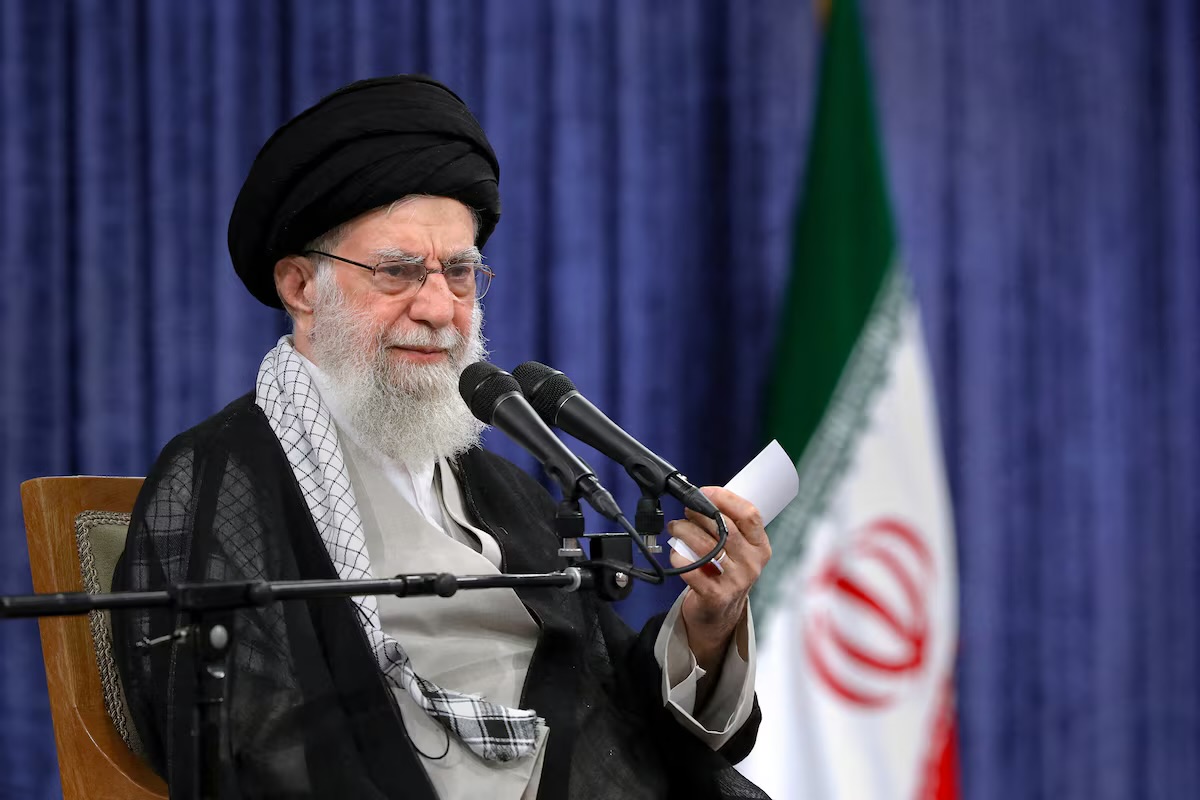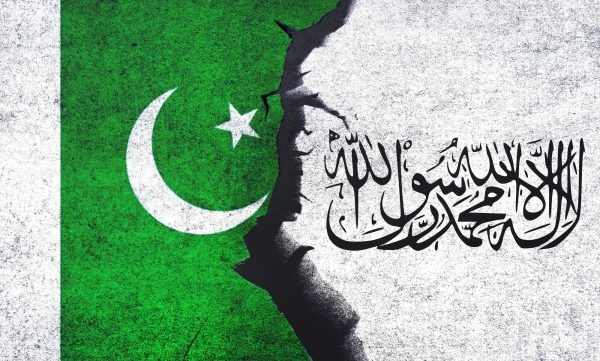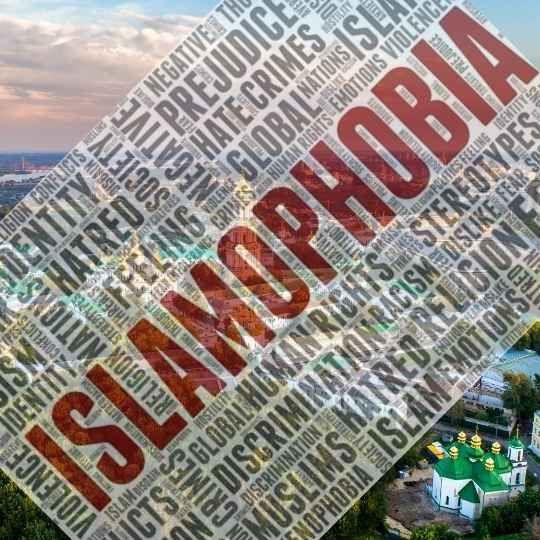By Vernice Bessit (South Africa)
Over the past five years, South Africa has weathered a storm of social upheaval, security challenges, and judicial controversy that have fundamentally reshaped its societal fabric. Between 2020 and 2025, the country’s relationship with law, order, and justice became a mirror reflecting its deepest inequalities and its enduring resilience.
A Nation on Fire
July 2021 marked a pivotal and deeply traumatic moment in South Africa’s democratic journey. The imprisonment of former President Jacob Zuma for contempt of court ignited massive protests, primarily in KwaZulu-Natal and Gauteng. What began as demonstrations of political discontent rapidly descended into lawlessness. Looting, arson, and violence claimed the lives of over 350 people and led to the arrest of around 5,500 individuals.
Beyond the human cost, the economic consequences were staggering. Billions of rands were lost, supply chains were crippled, and vital services, including healthcare, were severely disrupted. This event exposed a painful truth: South Africa’s social contract was fraying, and the state’s capacity to maintain order was far more brittle than many had believed.
Private Security: A Double-Edged Sword!
In the wake of deteriorating public trust in state security forces, South Africans increasingly turned to private security. By the end of 2023, the private security sector ballooned to over 2.7 million personnel—outnumbering the combined forces of the police and military.
On the surface, this provided a sense of safety for those who could afford it. But underneath, it deepened the chasm between rich and poor. Wealthier communities became fortified enclaves, shielded from the everyday violence that continued to plague township and rural areas. Meanwhile, the uderprivileged were left to fend for themselves, often resorting to vigilante justice or enduring lawlessness in silence.
The boom of private security not only highlighted the government’s failure to protect all citizens equally but also risked normalizing a two-tiered system of security—where safety becomes a commodity, rather than a right.
The Politics of Scapegoating
Another ominous development during this period was the rise of anti-migrant sentiment, embodied most notably by Operation Dudula. Born in the aftermath of the 2021 riots in Soweto, this vigilante group positioned itself as a champion of South African workers against undocumented foreign nationals.
By September 2023, Operation Dudula had morphed into a political party, preparing to contest the 2024 general elections. Its activities—marked by protests and allegations of xenophobic violence—reflected deep societal frustrations over unemployment and poverty. Yet, targeting vulnerable migrant communities has done little to address South Africa’s structural economic stresses. Instead, it has further inflamed tensions and undermined social cohesion.
A Mixed Bag
The government’s response to these cascading crises has been inconsistent, at best. The controversial remission granted to Jacob Zuma in August 2023—allowing him to avoid a return to prison—sparked outrage among those who saw it as an affront to the rule of law. Once again, ordinary South Africans were left questioning whether justice truly applied equally, or whether political expediency always triumphed.
Crime Statistics Offer Hope
Against this backdrop of upheaval, recent crime statistics have offered a glimmer of hope. Between July and September 2024, murder rates fell by 5.8%, and rape incidents dropped by 3.1%. The trend continued into early 2025, with murder rates plunging by nearly 10% and rape declining by 3.3%.
Authorities attributed these improvements to enhanced policing strategies and better community cooperation. It is an encouraging development, suggesting that, with sustained effort, public trust in law enforcement can slowly be rebuilt.
The Uneven Recovery
For ordinary citizens, these years have been a bruising experience. The 2021 unrest devastated countless lives, leaving scars—both emotional and economic—that will take decades to heal. The reliance on private security entrenched inequality, while the rise of groups like Operation Dudula fanned the flames of social division.
Yet South Africans are nothing if not resilient. The recent crime reductions, though modest, point to a country that refuses to surrender to despair. Community initiatives, activism, and a stubborn demand for accountability have kept the democratic spirit alive, even during its darkest days.
A Crossroads for the Nation
From 2020 to 2025, South Africa’s journey through law and order challenges has been both sobering and instructive. It is clear that security cannot exist without justice, and that justice cannot flourish amid systemic inequality.
The years ahead must focus not just on controlling crime, but on healing the fractures that make such crime inevitable. Trust in public institutions must be rebuilt—not through empty promises, but through real accountability, inclusive development, and a renewed social contract that leaves no one behind.
South Africa stands at a crossroads. It can choose to learn from the painful lessons of the past five years—or risk repeating them.





